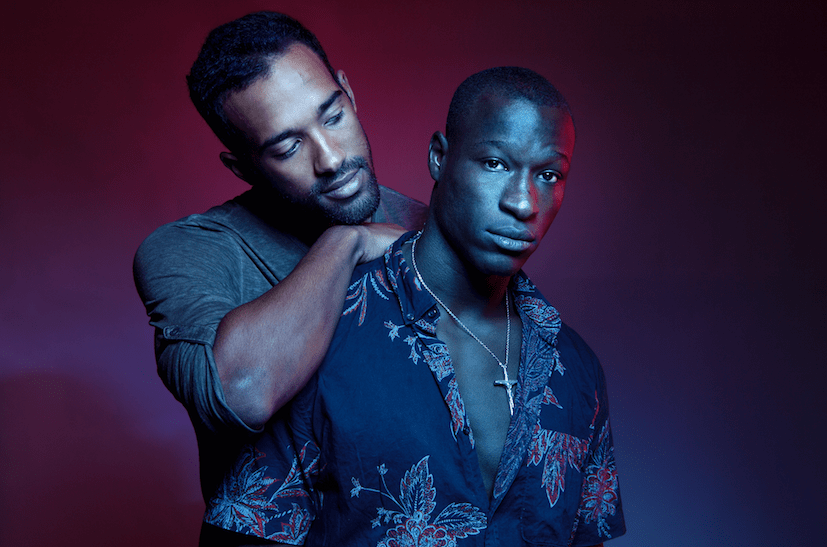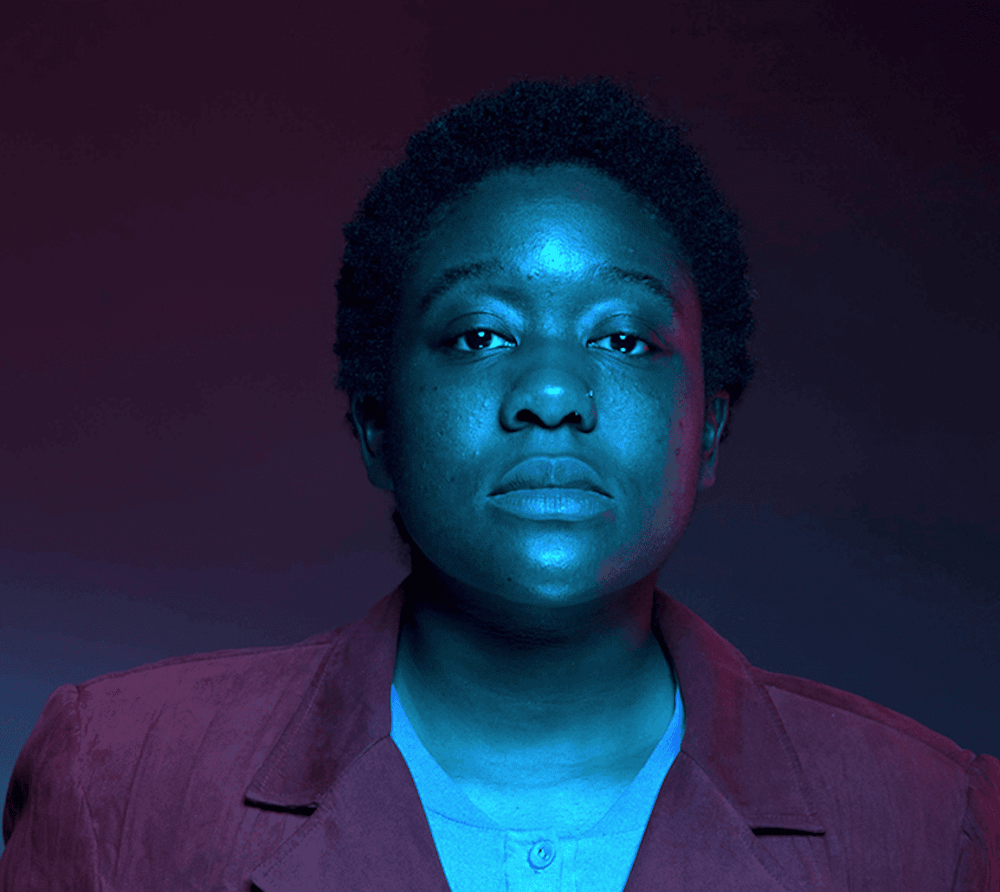The play is set in Uganda and follows the story of a family dealing with a gay son and all the terrifying implications of that in a country where homosexuality is outlawed and punishable by physical torture and life sentences.
In 2014 the Ugandan government brought in new legislation that strengthened the punishment for homosexuality and encourages its citizens to report friends and family who they suspected of homosexual activities to the authorities.
As a result, a large number of men and women lost homes, jobs, families, were beaten, harassed and in some case, killed. During this time a magazine named The Rolling Stone published the names and addresses of suspected homosexual people and further encouraged the oppression, hatred and destruction of the Ugandan LGBTIQ community.
What goes on in a lot of nations other than our own, especially in African countries, in regards to LGBTIQ+ rights is disgraceful and The Rolling Stone brings these issues to the fore through a very human story involving family, religion, fear, love, rebellion, human rights and unbearable choices between love and lies, freedom and family, life and death.
One of the cast from the show, Nancy Denis, of Haitian heritage, identifies as queer and is playing Mama, an elder of the community who is vehemently homophobic.
She denounces as homosexual, a young man who has secretly impregnated her daughter – the young man is murdered as a result of her accusations. Obviously, this is a brave and confronting role for a proud queer woman to play but it does give Nancy a really unique perspective on the character and her experience as an actor portraying with truth, a person who would wish her dead.
It’s a mind-blowing thing This is obviously an interesting and confronting challenge for a proud and fierce queer woman. But Nancy is taken the role by the neck and knows just how powerful this story is going to be not only for her LGTBIQ community but also, the greater, global community.
We speak to Nancy Denis:
Does the subject matter dealt with by the play resonate with you personally?
As a young black queer women part of the African diaspora born and raised in Australia the matters dealt with in the play do resonate with me on two fronts. Firstly, growing up in Australia and growing up in the performing arts industry I have always been surrounded and nurtured by the LGBTQI community.
So I’m not a huge fan of homophobic behaviour and I lost my shit when the right to marry whom you want was up for debate for the whole nation to decide yay or nay, when it’s clearly a Hell Yass. Secondly, being queer, lesbian, gay, trans (all the letters) it’s not talked about openly with in black communities, it’s like this open dirty shameful secret that black people could be or are Lesbian, Gay, Bisexual, Transgender, Queer or Questioning, and Intersex. A common thing you may hear elders say is “it’s not in our blood… it’s not holy… It’s the devil making you do this” and when I hear that it breaks my heart. I get mad, I want to cry and breathe fire but then there is the part of me that looks at them and thinks you’re so old, everything you just said is stupid and untrue and I respect and love you so much that I’m literally not going to react.
I am aware of the privileged life that I have being raised and born here in this country and part of that privilege is being safe to explore my sexuality however I want. Be it in private or blasted across my social media page ( ig: nancydenis 😉 ). When growing up in places like Uganda where this play is based, it is literally life-threatening to discover who you are sexually, exploring your homosexual tendencies to the point where you can’t even take a selfie with your lover on your phone for literal fear that someone will discover it and you will be murdered. Its radical to be who you are in an xenophobic and homosexual country and I send my love, light and fire to all my black LGBTQI peoples out there BE YOU, they will catch up or die out and please stay as safe as you can.
You play a loudly homophobic character. What was your initial response when considering the role?
You know, it’s weird to hear but I couldn’t even tell that she was homophobic even though it’s very clear that she is. Now the reason I didn’t pick up the obvious straight away is because I believe for Mama behaving homophobic is like the latest hottest trend in this village and very convenient for her that all you have to do is name a person ( say anyone man you don’t like) and they will potentially (90 percent chance) that the people in the village will murder him and its practically legal cause you’re doing “god’s work”.
So I didn’t feel uncomfortable or anything initially, I think Mama is more like a sociopath with murdering tendencies 😀 I as an actor am comfortable playing with extremes even though it’s against my personal beliefs it’s my job and also its important that characters such as Mama are played and seen because they are real ,people like her exist.
Ultimately, what made you decide to take the role?
All black cast. In Australia. And the subject is LGBTQI… priceless.

Was it what you expected?
Yeah, it is actually. I’ve always expected to be able to do a play and play a role that resonates with the world we live in and ask it to really look at its self and question the zeitgeist.
How did you prepare to embody and portray someone who hates such an integral part of your identity?
Well again I don’t believe she hates LGBTQI people I think she has very strong homophobic tendencies. How do I know this? Why do I think this? Well I grew up in Australia and I have had a lot of friendships with sooo many white people and have had to invent levels of racism in my head that I could tolerate. Because my options of bailing or even someone believing me that what they said was racist and hurt my feelings was extremely limited. I’m discovering my blackness and queerness NOW because of meeting other Queer POC and social media and Reni Eddo-Lodge.
Mama loves her daughter and she believes that it is within her Godly rights to do whatever means necessary to “protect” her daughter from social prejudices. Quote marks cause… wtf Mama 😀
What was it like working with the rest of the cast, dealing with such sensitive material?
We had really great discussions and I cried a little bit a lot. Its’ very freakin cool working with Adam Cook and its trial blazingly exciting to be working with my diaspora brothers and sistahs.
What do you hope members of the audience take away with them?
An understanding of the many complexities involved when dealing with being gay and black. Like if by the end of the play you don’t get it… well hatred, bigotry, xenophobia, homophobia… what’s to get? Going against love, sympathy and empathy for your fellow human doesn’t make any sense. Zietgiest.
